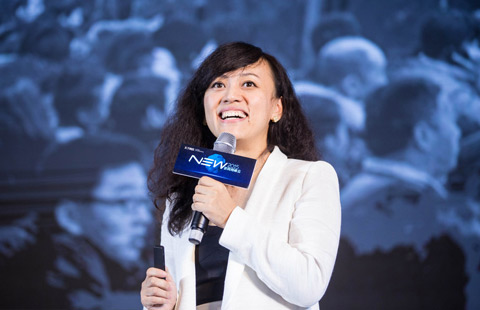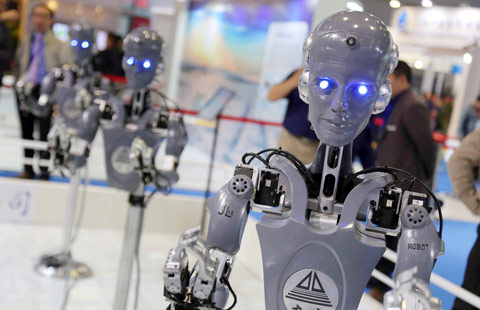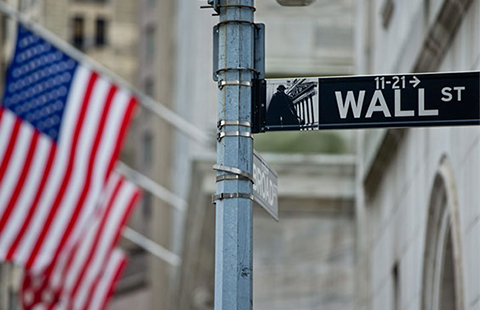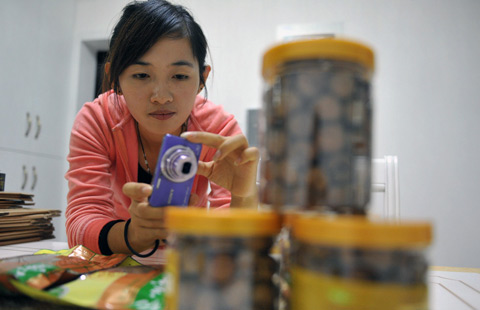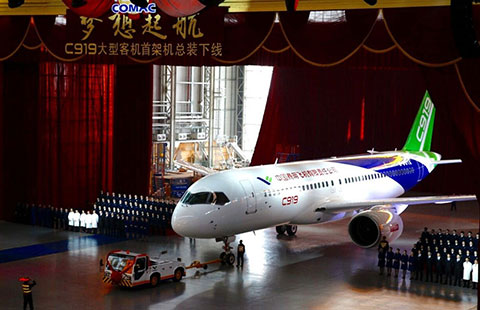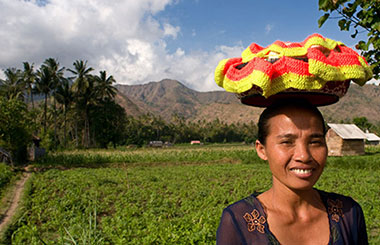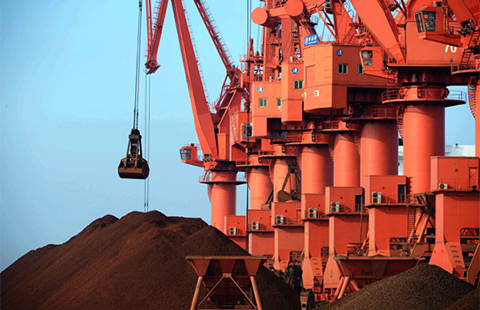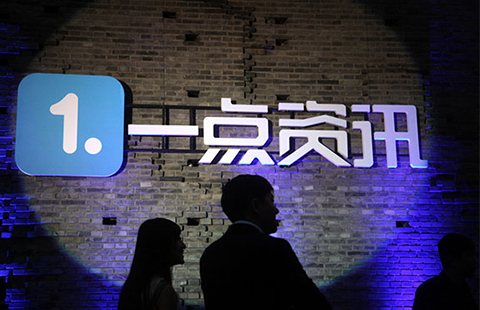Event at heart of region's growth in trade
By Cui Jia (China Daily) Updated: 2015-11-05 09:54
 |
|
The China-Eurasia Expo is helping Xinjiang become a regional hub on the Silk Road Economic Belt. [Photo provided to China Daily] |
The expo was upgraded from the Urumqi Foreign Economic Relations and Trade Fair, which had been held in Urumqi every year since 1992, to a State-level expo by the State Council.
|
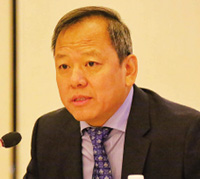 |
|
Li Jingyuan, director of the Xinjiang International Expo Administration. [Photo provided to China Daily] |
After the 2014 event, the expo was rescheduled to be held biennially in accordance with the central government's instructions. The fifth event is scheduled from Sept 1 to 6, 2016.
"The China-Eurasia Expo has become a platform for top officials and diplomats from neighboring countries to communicate with each other and to boost cooperation between China and those countries," said Li Jingyuan, director of the Xinjiang International Expo Administration.
Twenty-three heads of state and more than 700 ministry-level officials from overseas participated in previous expos, which reached agreements in the fields of politics, diplomacy, trade, technology and culture exchanges, Li said. "The foreign officials exchange ideas from bilateral and international relations to possibilities of encouraging further trade cooperation during the expos, which has helped to boost mutual trust."
During the first four expos, foreign trade deals valued at more than $23.4 billion were signed. Major breakthroughs in trade were made with countries that neighbor Xinjiang, which has borders with Kazakhstan, Kyrgyzstan, Tajikistan, Mongolia, Russia, Afghanistan, Pakistan and India.
"The expo has also shown the world that Xinjiang is a prosperous and peaceful region that is willing to open up," Li said.
The lives of Xinjiang's residents have also benefited. "They can now enjoy lamb meat from Uruguay thanks to the expo," he said.
The central government is determined to make Xinjiang a core hub on the Silk Road Economic Belt, part of the Belt and Road Initiative proposed by President Xi Jinping in 2013. The Belt will connect China with Central Asian and European countries. The government has encouraged the expo to perform a bigger role in making the region a hub by continuing to host trade discussions and forums among businesspeople and high-level officials from countries along the Belt, Li said.
Speaking of next year's expo, Li said it would be the first since the central government positioned Xinjiang as a core trade hub on the Silk Road Economic Belt, so would focus on the construction of the economic route.
"It will be a very important and upgraded expo, which will serve all countries that want to be a part of the Belt," he said. "We want to bring the cooperation among different countries to a higher and deeper level."
More importantly, he said, many people had misunderstandings about Xinjiang before the first expo was held. The event has helped officials and businesspeople from home and abroad see the real and prosperous Xinjiang, which differs from their earlier perceptions, Li said.
- No end in sight to Hanergy woes
- Huawei challenges Apple with premium smartwatch
- Local bonds becoming more attractive to foreign investors
- Cruise operators confident of future
- ABB eyes rapid expansion as robotics grows
- 'Shouting match' erupts between e-commerce firms
- PMI (China) Project Management Congress 2015 Held in Shanghai
- Home buying in Australia 'easing'
